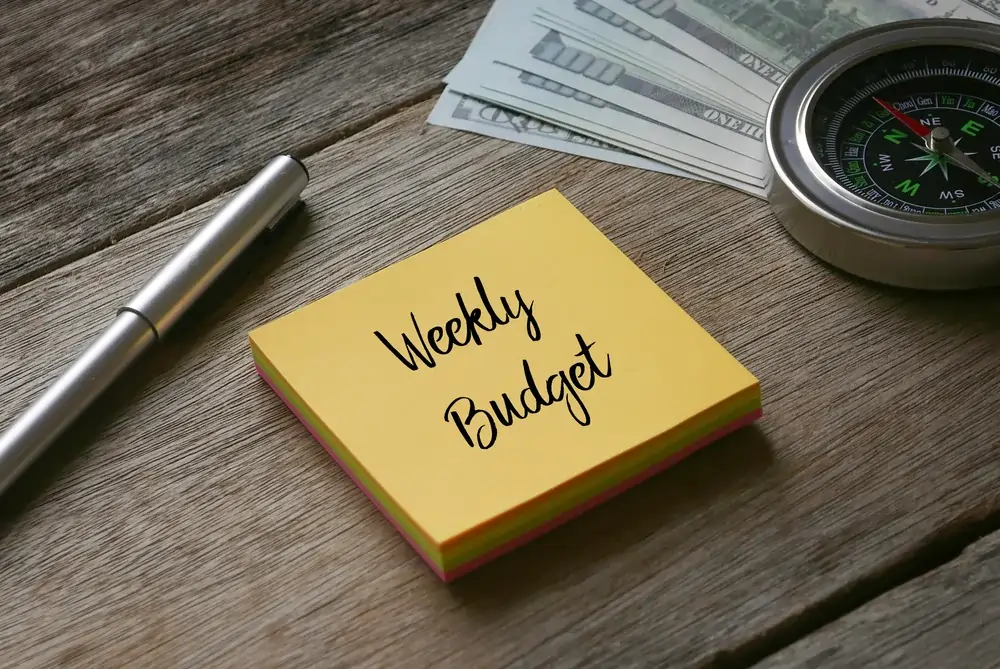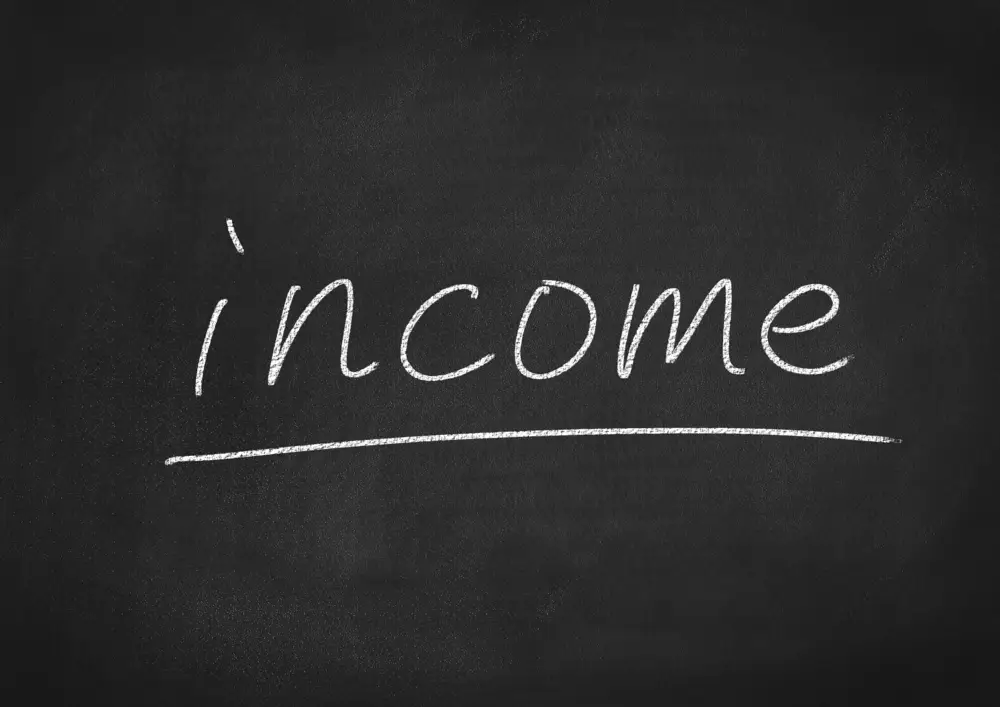Should I Use a Budget Daily or Weekly?
A pillar of financial literacy is budgeting. It guarantees that you stay within your means, save for future plans, and stay free from unneeded debt. Of the several issues that surface in personal finance, one that most begs questioning is whether you should create daily or weekly budgets. Particularly if your income or expenses vary, this choice might greatly affect your financial management. This post will discuss that should I use a budget daily or weekly and their benefits & disadvantages of both strategies to enable you to decide with knowledge catered to your situation.
Understanding Budgeting
What is Budgeting?
Fundamentally, budgeting is your financial road map. It means setting aside your money for savings, investments, and bills so you never spend more than you make. A budget serves as your road map, directing your financial decisions and enabling you to give top priority to what really important.
Goals of a Budget
Three main goals define a well-written budget:
- It guarantees you stay within your means by helping you to control your expenditure.
- Whether your future needs call for an emergency fund, retirement, or a dream trip, savings growth lets you set aside money.
- Understanding where your money flows helps you to find places where you may cut back and reallocate finances to fit your objectives.
Benefits of Budgeting
Budgeting has many benefits, including:
- Encouraging mindful spending helps you to focus on necessities rather than wants and to make deliberate purchases.
- Whether your financial goals are debt pay-off or house purchase, a budget keeps you on target.
- Knowing you have a strategy helps you to lower uncertainty and financial stress.

Overview of Daily Budgeting
What is Daily Budgeting?
Daily budgeting is giving every day a designated expenditure limit. It calls for constant monitoring of costs and, if necessary, making changes to stay within your budget.
How Daily Budgeting Works
In order to draft a daily budget:
- Get your monthly income calculated here.
- Deduct loan payments, utilities, and fixed costs including rent.
- To find your daily spending limit, divide the remaining money by the month’s total days.
For instance, your daily budget might be $30 if, after fixed spending in a 30-day month you had $900 remaining.
Pros of Daily Budgeting
- Daily limitations guarantee you track every dollar in fine-grained expense control.
- Real-time awareness of your money situation permeates all you do.
- Early Overspending Detection: See problems right away and make necessary adjustments.
Cons of Daily Budgeting
- Time-consuming: Track everyday spending and it could be tiresing.
- Restricted Feeling: Daily restrictions could make some people feel unduly limited.
- Difficult for Irregular revenue: If your revenue varies greatly, daily plans could not be effective.
Overview of Weekly Budgeting
What is Weekly Budgeting?
Weekly budgeting gives every week a spending limit, thereby providing greater flexibility while yet keeping financial management.
How Weekly Budgeting Works
To apply a weekly budget:
- Either figure your weekly revenue or divide your monthly income by four.
- Deduct set weekly costs.
- Set aside the extra money for savings and discretionary expenditures.
If you make $1,200 a month, for example, your weekly discretionary budget might be $300 after fixed expenses.
Pros of Weekly Budgeting
- Tracking weekly costs seems less work than daily tracking.
- Weekly restrictions let one be flexible with bigger spending.
- More suited for steady income: works especially for individuals whose incomes are dependable.
Cons of Weekly Budgeting
- Less Immediate Control: Early in the week overspending can lead to issues.
- Overspending Risk: Funds could run out before the week ends without cautious preparation.
- Unexpected expenses can throw off your budget.

Key Factors to Consider
Income Patterns
Your preferred budgeting method is much influenced by your revenue pattern.
- Weekly budgets fit quite nicely with regular paychecks.
- Daily budgeting could offer better control, particularly if your income is erratic.
Spending Habits
- Daily budgeting limits daily funds, so helping to reduce impulse expenditures.
- Weekly budgeting gives more flexibility while yet keeping control for disciplined spenders.
Financial Goals
- Daily budgeting lets you monitor your advancement toward short-term goals like loan repayment.
- Weekly budgets help to enable more general future milestone planning.
Tips for Choosing Between Should I Use a Budget Daily or Weekly
1. Evaluate Your Lifestyle
Analyze your daily schedule and spending behavior. Daily budgeting would be most suited if you often make little purchases. Weekly budgets could be enough for less regular costs.
2. Experiment and Adjust
For a month try both techniques. Track your expenditures to assess which method seems most natural and successful for reaching your objectives.
3. Combine Methods
Think about a mixed strategy. Set daily discretionary spending limits and revisit weekly to accommodate unanticipated costs.
Tools and Resources for Budgeting
Mobile Apps
- Apps such as Goodbudget and everyday Budget Original help one easily monitor everyday spending.
- Apps for weekly budget planning include Mint and YNAB (You Need A Budget).
Spreadsheets
- Daily and weekly budgets can be found free templates online.
- Adventures: Offline and customizable.
- One drawback of manual upgrades is time-consuming nature.
Financial Advisors
- When should one seek help? If basic budgeting makes one feel overburden?
- Benefits include advisers’ ability to build a tailored plan and offer insightful analysis.

Real-Life Examples
Daily Budgeting Success Stories
- By analyzing daily spending and saving $200 a month, a college student cut unneeded costs.
- Case Study 2: Strictly following a daily budget helped a freelancer reach short-term financial goals.
Weekly Budgeting Success Stories
- Using a weekly budget, a family simplified their grocery shopping by 15% cost cutting.
- Using weekly discretionary restrictions, an office worker regularly saved $50 every week.
Common Mistakes to Avoid
Common mistakes to avoid when deciding between should I choose budget daily or weekly:
- Ignoring Tracking: Ignorance of expenses could ruin your budget. If needed, use tools to automatically handle this process.
- Not Adapting to Changes: Your budget should evolve with the times as events do. Be adaptive and flexible as necessary.
- Sticking Rigidly to One Method: If daily and weekly budgeting will more fit your way of life, don’t hesitate to mix them.
Conclusion
Daily and weekly budgets offer advantages; the best option will rely on your particular situation. Your income, spending patterns, and financial goals will help you decide or even mix strategies to fit you. Starting budgeting now will help you to handle your money and open the path for a safe future.
FAQs
- Can I switch between daily and weekly budgeting? Indeed, when your demands change you can mix or replace techniques.
- Which budgeting style is better for irregular income? Daily budgets give better control for erratic income.
- How do I stay consistent with budgeting? Track your improvement with automatic tools and set reminders.
- Are there any tools to automate budgeting? Apps that automate tracking and offer insightful analysis include YNAB and Mint.
- What should I do if my budgeting method isn’t working? Review your strategy and try several others to get a better fit.



